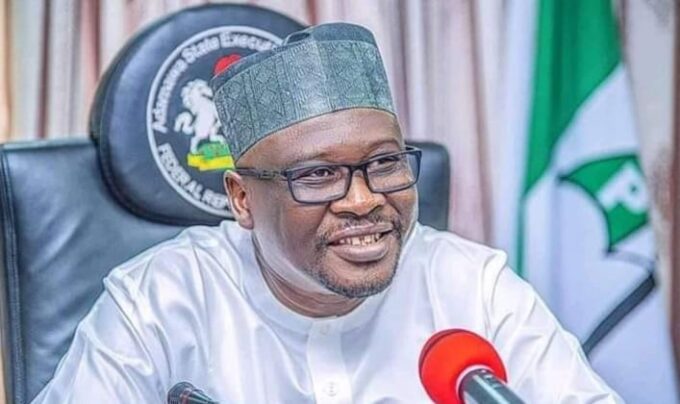By Chinelo Obogo
Nigeria’s economy is now worth N372.8 trillion, up from N54.2 trillion, following a major update to the country’s Gross Domestic Product (GDP) by the National Bureau of Statistics (NBS).
The revised figures, based on a new 2019 benchmark year, paint a clearer and more accurate picture of Nigeria’s economic landscape between 2019 and 2024. The rebasing exercise, the first since 2014, captures new sectors like digital services, fintech and creative industries, while also updating data from key surveys and government sources. The result is a 41.7% increase in the country’s GDP size compared to earlier estimates, highlighting how much the economy has changed in recent years.
Rebasing GDP means updating the base year used to calculate a country’s Gross Domestic Product (GDP), which reflects the total value of goods and services produced within a nation’s borders. This adjustment incorporates changes in economic structure, production, consumption, and prices, providing a more accurate picture of the economy. Essentially, it’s a statistical method to ensure GDP calculations remain relevant and reflective of current economic realities
According to the NBS, crop production remains the biggest contributor to GDP, accounting for 17.58% of the total. It is closely followed by trade at 17.42%, with real estate now in third place at 10.78%, overtaking crude oil and natural gas, which dropped to 5.85%. This shift shows the increasing relevance of the non-oil sectors in Nigeria’s economy.
“The rebasing ensures our statistics better reflect today’s economy and guide policy and investment decisions,” the NBS said in its statement.
In terms of broader sectors, services remained dominant, contributing 53.09% of the total GDP, followed by agriculture at 25.83% and industry at 21.08%.
The report also includes updated GDP estimates for the first quarter of 2025. The economy grew by 3.13% year-on-year, a noticeable improvement from 2.27% in Q1 2024. The services sector drove much of this growth, expanding by 4.33% and making up over half of the total output. Meanwhile, agriculture recorded marginal growth of 0.07%, bouncing back from a decline of -1.79% in the same period last year. The industrial sector grew by 3.42%, up from 2.35%.
The NBS says the rebasing aligns with global best practices and recommendations from international bodies like the United Nations, World Bank, and IMF. It will help Nigeria track progress more accurately, set better economic policies, and attract investment in sectors previously overlooked.
With this update, Nigeria’s economy now reflects both its size and the new direction it’s heading, more diversified, more services-driven, and less dependent on oil.
















Leave a comment